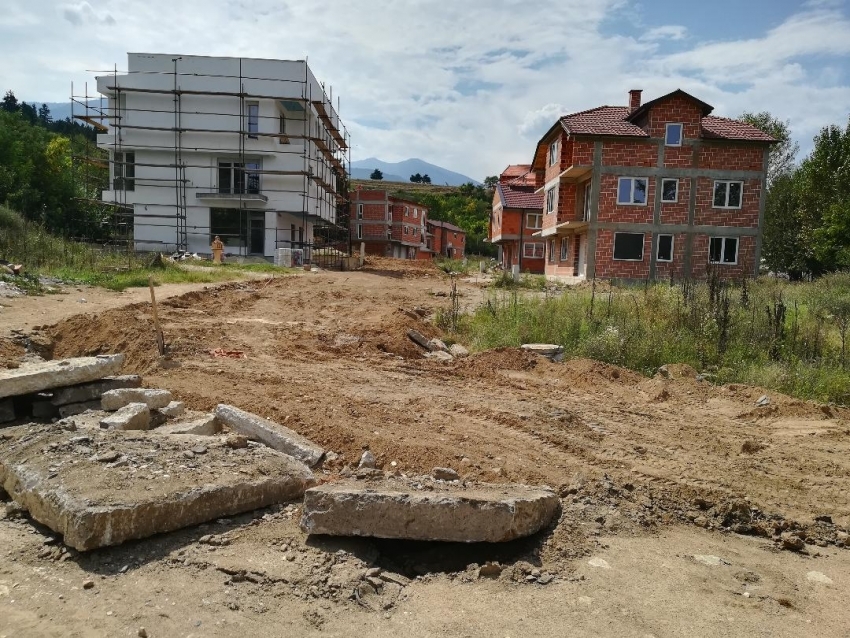President Pendarovski’s decision to veto the bill that would legalize unlawfully built homes puts some 50,000 houses into legal jeopardy. The law was adopted with support from much of the two main parties – SDSM and VMRO-DPMNE, although individual representatives on both sides voted against.
It was condemned by some in the media, with concerns that it is turning a precedent into a norm. Macedonia adopted a similar law in 2010, and it was supposed to be a one-off move, in recognition of the fact that construction rules were often too complicated, geared toward the negative and that entire municipalities often lacked spatial plans. The 2010 law was supposed to allow homeowners and business owners to legalize the houses and facilities they built without a permit, and to simplify procedures in the future, but it was expected that no new amnesty will be offered.
This process expired in early 2011, but some 130,000 claims from this period remain unprocessed. There are also estimated 50,000 homes that were illegally built after that law. VMRO-DPMNE Vice President Aleksandar Nikoloski assured the public that the law will only apply to individual homes – not commercial real-estate or apartment buildings made for profit. Deputy Prime Minister Ljupco Nikolovski said that the law will help poor families become homeowners and said that the Parliament will vote on the law again, after Pendarovsk vetoed it.
The law would also slap a 50 percent hike in the usual municipal construction fees, as a form of fine for those who violated the law. Contrary to initial media claims, the law will not allow legalization of houses built in protected areas, whether they are of cultural or natural significance.
Meanwhile, some parties from the opposition praised Pendarovski for vetoing the law. Levica leader Dimitar Apasiev said that he was pleasantly suprised by Pendarovski. The Albanian opposition parties – Alternative and Alliance of Albanians – said that the law will be used to pardon people close to the previous VMRO-DPMNE led Government who faced politicalluy motivated criminal charges during the Colored Revolution.




Comments are closed for this post.